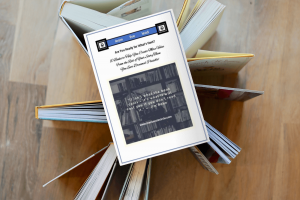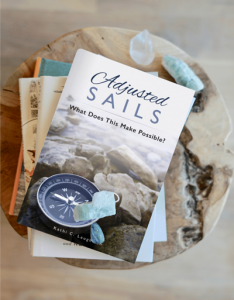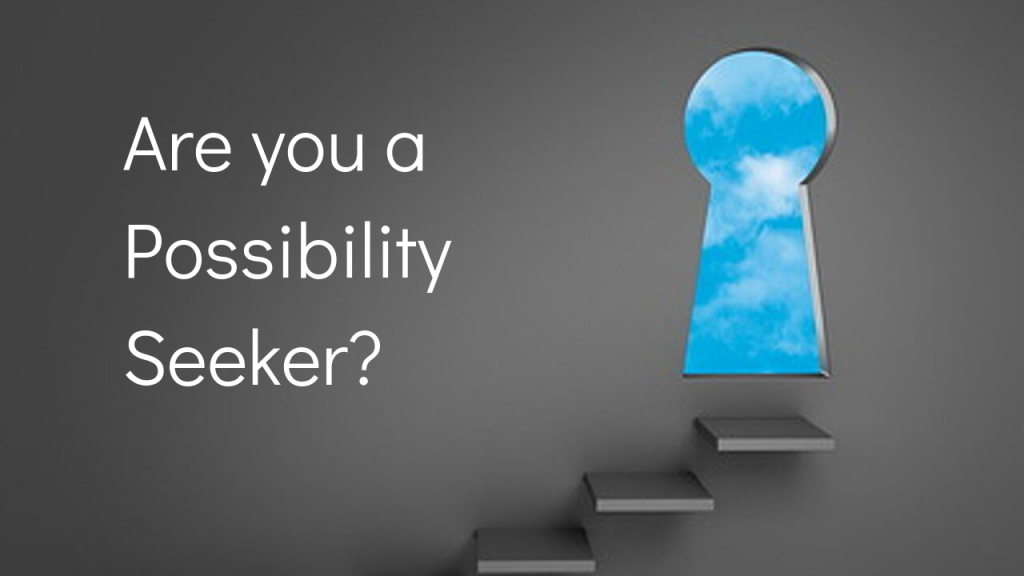 My mentor Jim Rohn taught that if we want better answers, we must ask better questions. A shift in perspective, the transformation of personal development, even the transition of a professional path all find their origins in the same place: asking the right questions.
My mentor Jim Rohn taught that if we want better answers, we must ask better questions. A shift in perspective, the transformation of personal development, even the transition of a professional path all find their origins in the same place: asking the right questions.
Everyone wants to know something. For an author, the list of what we want to know, even need to know can seem endless. Before we can explain, we have an innate need to explore.
The process does not begin with what we will write about, how we will write about it, where we will find the information we need or who we will trust to provide that information. At least for me that is not where it begins. For me, it begins with why. Because before I can find the answers, I must first find my questions.
When we talk about research, it can be helpful to understand that at the core, we are talking about questions. We are talking about learning. What I have found is that when we live in a constant state of what I call possibility thinking, the ability to form the right question and find remarkable answers becomes more and more instinctive. It becomes less of a task and more of a way of being. It shifts us away from the idea of creating data banks to the actualization of creating life experiences and then synthesizing that information in a way that makes the lessons not only valuable for us, but for others as well.
When we ask better questions as an author, we provide better answers for the challenges faced by our audience.
When we ask better questions as a person, we provide better answers for living our best lives.
No matter what answer we seek, the key to finding it is always going to be first finding the right question.
“Dwell in possibility.” (Emily Dickinson) Therein lies the right question.







